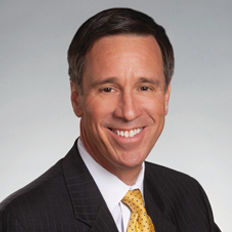
Marriott International is the largest hotel company in the
world, so when Sorenson makes a major decision, the entire industry feels the
ramifications. When Marriott cut the commissions it pays to third-party intermediaries
and corporate clients across its managed and franchised properties in the U.S.
and Canada, from the decades-old standard of 10 percent to 7 percent, a seismic
shift in the industry followed.
Many in the corporate travel community reacted angrily,
though many also weren't surprised, given the consolidation occurring in the
lodging industry. Three large hotel chains—Hilton Hotels Corp.,
InterContinental Hotels Group and Hyatt Hotels Corp.—subsequently also cut
meetings commissions from 10 percent to 7 percent. Sans sufficient funding from
commissions, meetings professionals now have to reset and rethink their
meetings programs.
Another function of the company's titan status is the
massive number of loyalty program members. Following Marriott's acquisition of
Starwood Hotels & Resorts, Marriott has merged Marriott Rewards, Starwood
Preferred Guest and The Ritz-Carlton Rewards into a single loyalty account,
bringing the membership roster to 120 million as of the end of the third
quarter and pressuring Marriot's competitors to grow their own loyalty
programs. Among other moves by which Marriott may set precedent, the giant has
waded into Airbnb territory. In April, it piloted 200 home rentals in London
through its Tribute Portfolio brand. Several months later, it expanded the
pilot to Paris, Rome and Lisbon, bringing its homesharing offering to 340
properties. Marriott also piloted facial recognition technology at check-in,
via Alibaba travel services platform Fliggy. Aiming for improved hotel operations
and personalization, Marriott implemented the technology at two properties in
China and intends to roll it out the across all Marriott properties.
While power may come with size, there are perils
aplenty. As BTN named Sorenson to the 2018 Most Influential list, Marriott
disclosed a data privacy breach that has affected as many as 500 million
people, including business travelers. While the company has taken measures to
minimize the impact, critics say the response has been lackluster and poorly
executed.